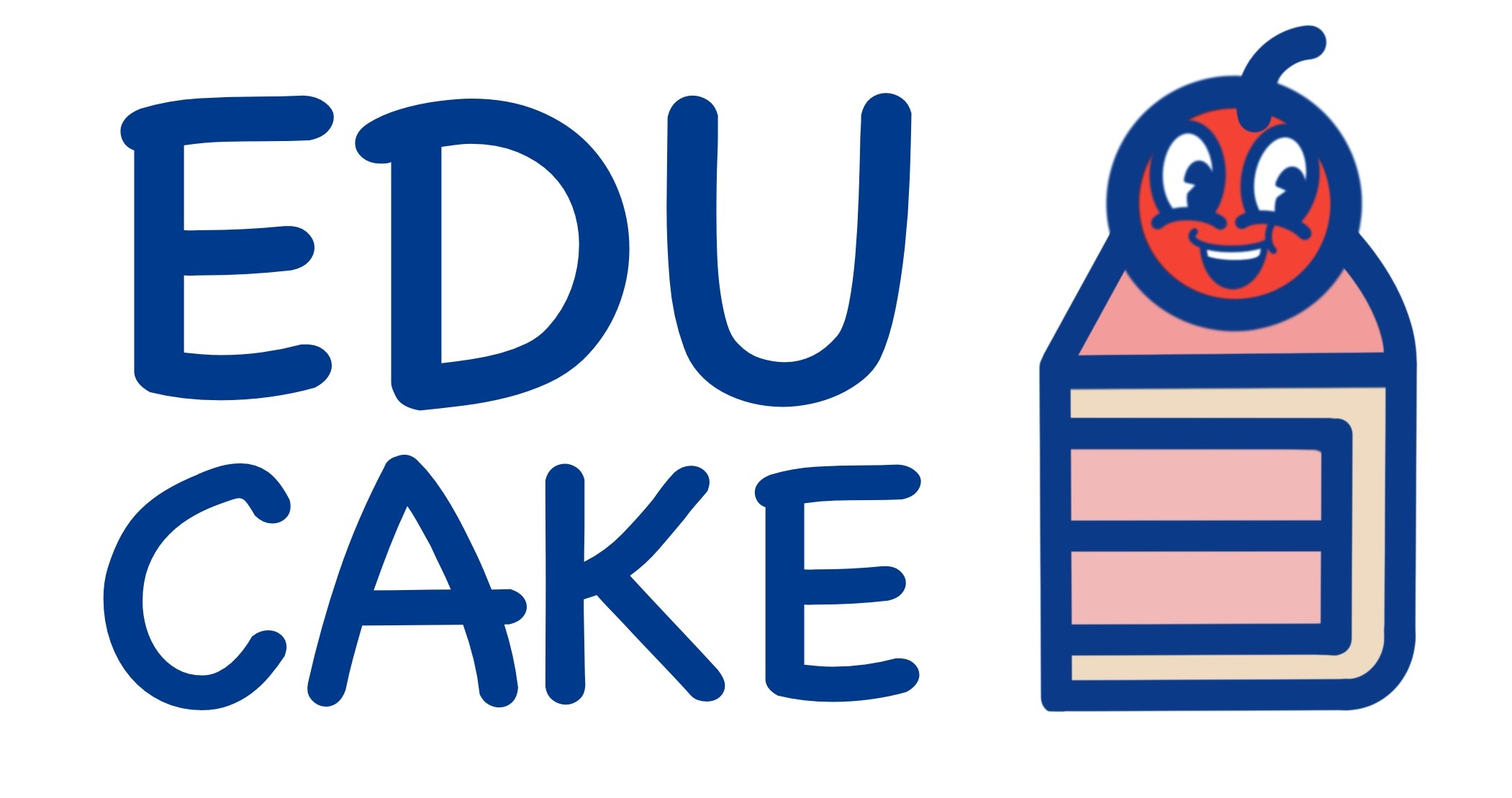Learning a new language is a valuable investment that can have long-lasting personal and professional benefits. If you’re interested in learning Spanish, taking conversational Spanish classes may be the right choice for you. In this article, we’ll explore what conversational Spanish classes are, why they’re important, and what your local options are for taking them.
What are Conversational Spanish Classes?
Conversational Spanish classes are language courses that focus on developing the student’s speaking and listening skills in Spanish. Unlike traditional language classes, which often focus on grammar and vocabulary, conversational Spanish classes are designed to provide students with the opportunity to practice using Spanish in real-life situations.
Why are Conversational Spanish Classes Important?
The ability to speak and understand Spanish fluently is a valuable skill that can open doors in both your personal and professional life. Conversational Spanish classes can help you build the confidence you need to use the language in real-life situations, such as traveling, conducting business, or making new friends. Additionally, learning a new language can help improve your cognitive skills and boost your brain power.
Local Options for Taking Conversational Spanish Classes
There are many options for taking conversational Spanish classes, both online and in person. Some popular choices include:
Community Colleges and Universities
Community colleges and universities often offer conversational Spanish classes as part of their adult education programs. These classes are typically taught by experienced Spanish teachers and are available at a variety of skill levels.
Language Schools
Language schools, such as Berlitz or the Alliance Française, offer a wide range of Spanish language classes, including conversational Spanish. These schools often have a more intensive approach to language learning and offer classes both during the day and in the evening.
Online Courses
Online courses, such as Duolingo or Babbel, are a popular option for those who prefer to learn at their own pace. These courses are often more flexible and less expensive than traditional language classes, but may not provide as much opportunity for speaking practice.
Private Tutors
Private tutors offer one-on-one language instruction, allowing you to focus on your specific needs and goals. They can also provide personalized feedback and are available to answer any questions you may have.
Choosing the Right Conversational Spanish Class for You
When choosing a conversational Spanish class, it’s important to consider your personal goals, learning style, and budget. Consider the following questions when making your decision:
- What is your ultimate goal for learning Spanish?
- Do you prefer a structured, classroom environment, or a more flexible online course?
- Are you looking for a quick and easy way to pick up some basic Spanish skills, or are you looking for a more comprehensive and intensive language learning experience?
- How much time and money are you willing to invest in your language learning journey?
Tips for Maximizing Your Conversational Spanish Class Experience
- Set realistic goals for yourself and track your progress.
- Practice speaking Spanish as much as possible, both inside and outside of class.
- Immerse yourself in the language by watching Spanish-language movies, reading Spanish books, and speaking with native Spanish speakers.
- Don’t be afraid to make mistakes. Making mistakes is an important part of the learning process.
Conclusion
Learning Spanish can be a challenging and rewarding experience, and taking conversational Spanish classes is a great way to start. By considering your personal goals, learning style, and budget, you can choose the right conversational Spanish class for you.
Recommend for You
- 가격 저렴한 서울 은평구 갈현동 임플란트 치과 Top 6 추천
- 저렴한 녹번동 대조동 치과 임플란트 Top 7 추천 잘하는 곳
- 불광동 치과 저렴한 임플란트 가격으로 Top 8 추천
- 서울 신사동 역촌동 임플란트 치과 Top 8 곳 가격 저렴한 잘하는 곳
- 응암동 치과 저렴한 임플란트로 Top 10 소개합니다!
